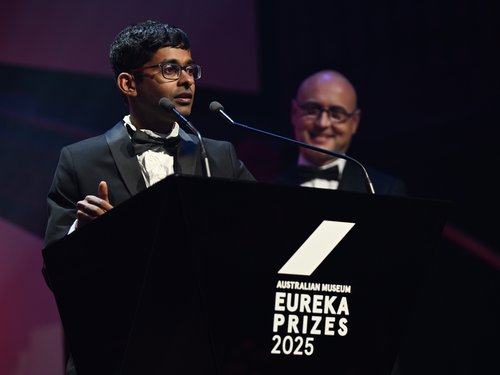Australian Museum
News Stories
Read the latest news stories from the Australian Museum.
-
Spotlighting the leaders in data platform excellence with ARDC
The inaugural Eureka Prize for Excellence in Data Platforms will be awarded for the development, maintenance or extension of a data platform that has enabled significant new scientific research.
Science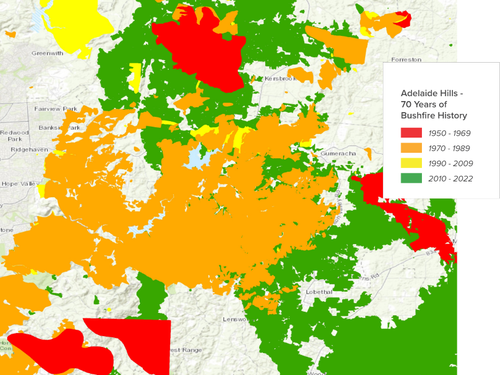
-
How bird poo fuelled the rise of Peru’s powerful Chincha Kingdom
In 1532, as the Inca ruler Atahualpa was captured at Cajamarca, one figure stood out: the Lord of Chincha. New research uncovers how bird droppings may have shaped his extraordinary power.
AMRI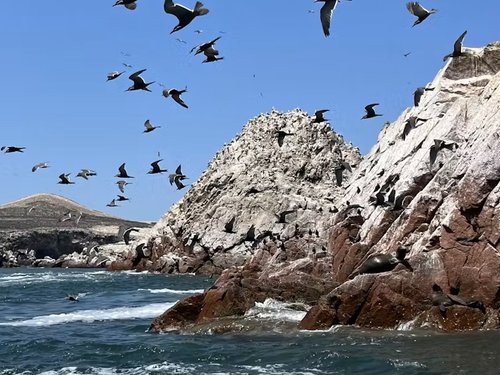
-
Predicting and managing koala population growth in South Australia
Koalas are declining across Australia, but in South Australia’s Mount Lofty Ranges their numbers are increasing, damaging forests. New research explores non-lethal strategies, including fertility control, to stabilise populations while protecting animal welfare.
AMRI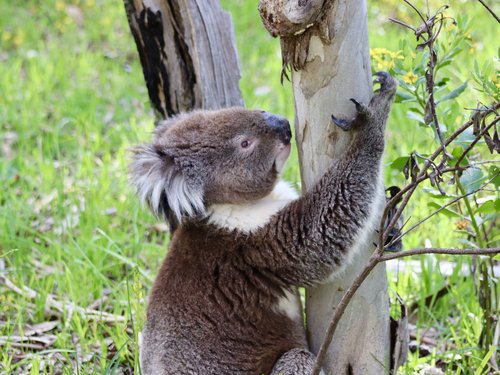
-
Citizen scientists are spotting more and more rare frogs on private land
Private lands are now seen as increasingly important in conserving wildlife, including threatened species. The good news is, this means landholders and citizen scientists can make a direct difference.
AMRI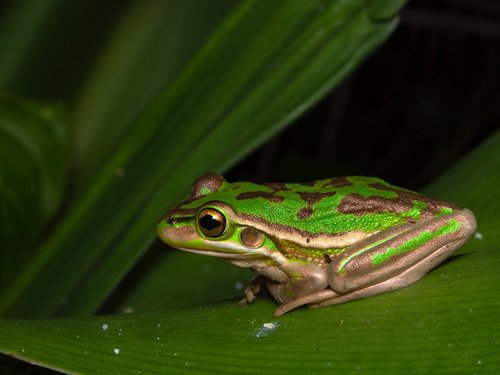
-
Exploring the Deep: Australian Museum Scientists Voyage to the Coral Sea Frontier
What lurks at the bottom of the ocean, beyond the reach of any diver, in places no human has ever explored?
AMRI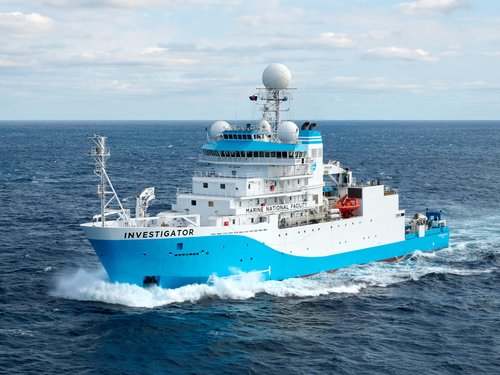
-
‘Forever chemicals’ contaminate more dolphins and whales than we thought – new research
New research shows PFAS contaminate a far wider range of whales and dolphins than previously thought, including deep-diving species that live well beyond areas of human activity.
AMRI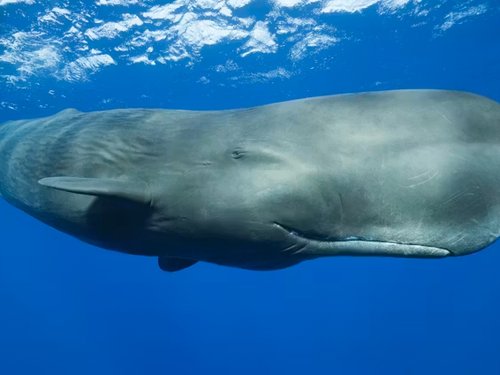
-
You might think frogs never get enough water. Turns out, they can fare worse in floods than bushfires
Frogs need water. Almost all of the world’s 7,900 known frog species breed in fresh water.
AMRI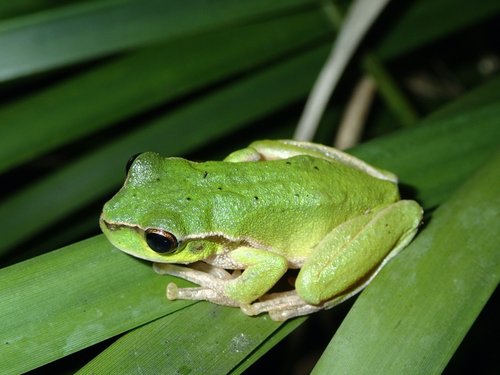
-
A night of generosity: Australian Museum Foundation’s Gala Dinner
Raising over $400,000 in support of the Australian Museum’s iconic Birds of Australia Gallery, the annual Australian Museum Foundation’s Gala Dinner, Night at the Museum, took place on Thursday 16 October 2025.
At the Museum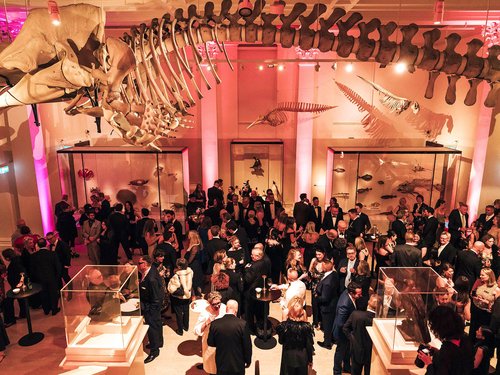
-
Not fit for purpose
Presented as part of the Unfinished Business exhibition, the installation, ‘Not fit for purpose’, by Uncle John offers a striking reflection on the systemic inequities within Australia’s disability support systems.
At the Museum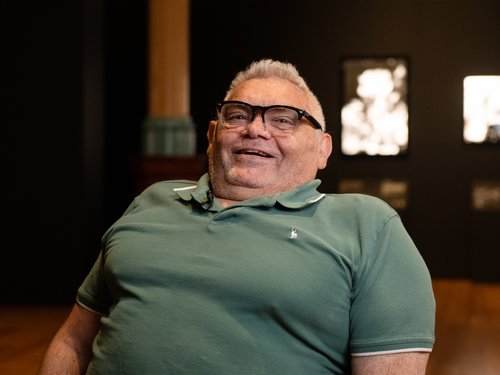
-
A centuries-old grid of holes in the Andes may have been a ‘spreadsheet’ for accounting and exchange
A new study, published today in Antiquity, Monte Sierpe, which dates to at least 700 years ago, may have functioned as an Indigenous system of accounting and exchange centuries before the European invasion.
AMRI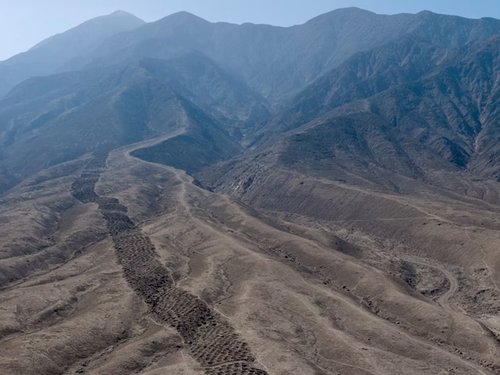
-
The tiny fossil that helps us reexamine the story of how life evolved across our ancient supercontinents
Tucked within the palaeontology collection at the Australian Museum, the oldest fossil of a non-biting midge from the southern hemisphere is challenging long-held assumptions about how life evolved across the planet's ancient supercontinents.
AMRI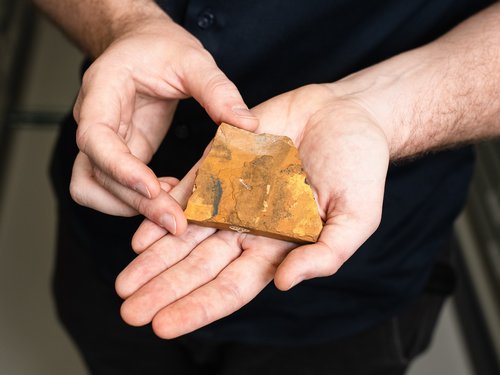
-
Tips and tricks for a frog-friendly backyard
Create a frog-friendly habitat and contribute to frog conservation during FrogID Week!
AMRI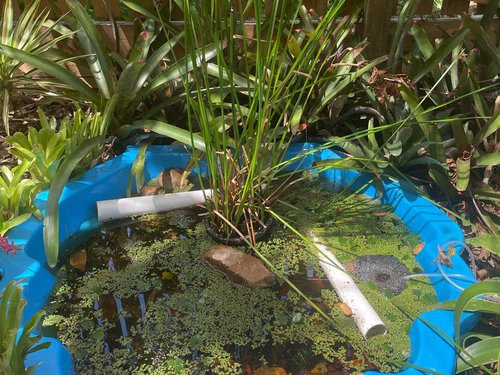
-
Towards a Smart PCR Process: boosting degraded DNA with machine learning in real-time
We spoke to Professor Adrian Linacre about the work that won his team, Towards a Smart PCR Process, the inaugural Eureka Prize for Excellence in Forensic Science.
Science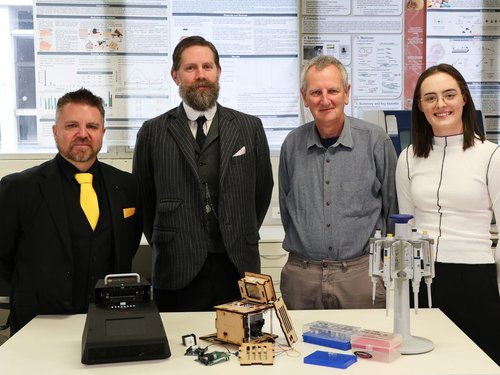
-
Dr Vanessa Pirotta: inspiring ocean action through science, media, and education
Dr Vanessa Pirotta is a wildlife scientist and media communicator who inspires ocean conservation through accessible whale research and citizen science.
Science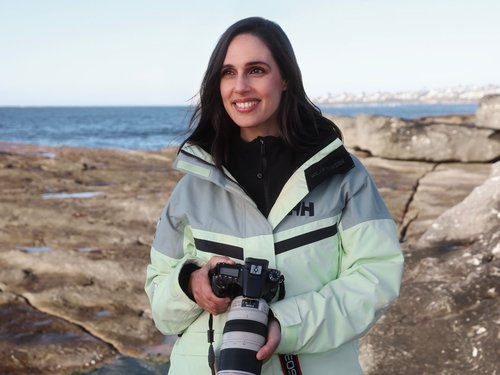
-
Dr Hasindu Gamaarachchi: resourcing researchers with accessible genomic processing technology
Dr Hasindu Gamaarachchi is revolutionising genomic sequencing with scalable, efficient computing that makes the field more accessible and democratic.
Science